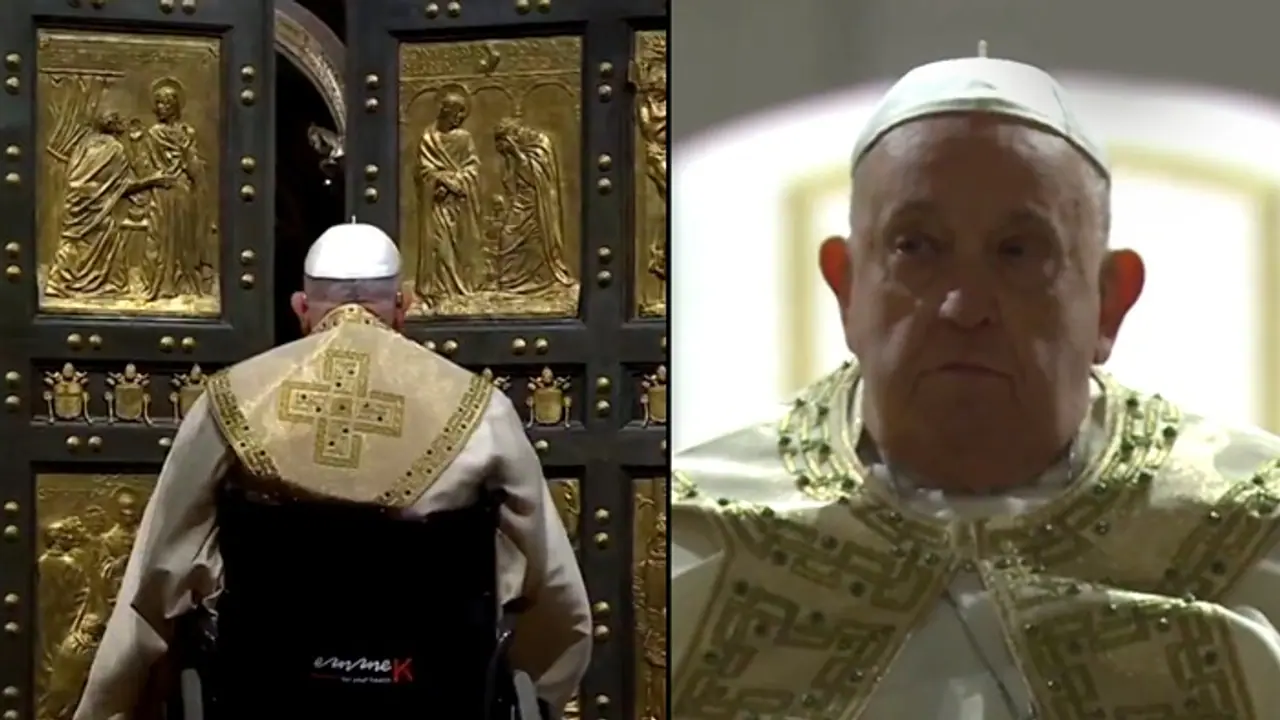Pope Francis passed away at 88 on Easter Monday. The College of Cardinals will convene to elect his successor, marking a pivotal moment for the Catholic Church.
Pope Francis, the 266th leader of the Roman Catholic Church, passed away on April 21, 2025, at the age of 88. His death marks the end of a transformative papacy and initiates the sacred process of selecting his successor.

The Papal Conclave: A Time-Honored Tradition
The selection of a new pope is conducted through a conclave, a term derived from the Latin "cum clave," meaning "with a key," signifying the seclusion of the cardinal electors during the process. This tradition dates back centuries and is designed to ensure a decision free from external influence.
Eligibility and Preparation
Only cardinals under the age of 80 are eligible to vote in the conclave. Currently, there are 137 such cardinal electors. Following the death of a pope, the College of Cardinals gathers in Rome, and after a period of mourning and funeral rites, the conclave is convened. The cardinals are housed within the Vatican and are cut off from outside communication to maintain the integrity of the election.
The Voting Process
The conclave takes place in the Sistine Chapel, where the cardinal electors participate in a series of secret ballots. Each cardinal writes the name of their chosen candidate on a ballot and places it on a plate, which is then tipped into a chalice. A two-thirds majority is required to elect a new pope. If no candidate achieves this majority, up to four ballots are held each day until a decision is reached.
Signaling the Outcome
After each round of voting, the ballots are burned. The color of the smoke emerging from the Sistine Chapel chimney signals the outcome: black smoke indicates no decision has been made, while white smoke announces the election of a new pope. Upon election, the new pope is asked if he accepts the position and chooses his papal name. He is then introduced to the public with the traditional "Habemus Papam" announcement.
Continuity Amidst Change
The conclave is a blend of ancient ritual and contemporary considerations. While the process remains steeped in tradition, discussions among the cardinals often reflect current issues facing the Church, such as social justice, interfaith relations, and internal reforms. The election of the next pope will not only determine the spiritual leader of over a billion Catholics but also influence the Church's direction in addressing modern challenges.
As the world awaits the outcome of the conclave, the Catholic community reflects on the legacy of Pope Francis and looks forward to the guidance of his successor.


